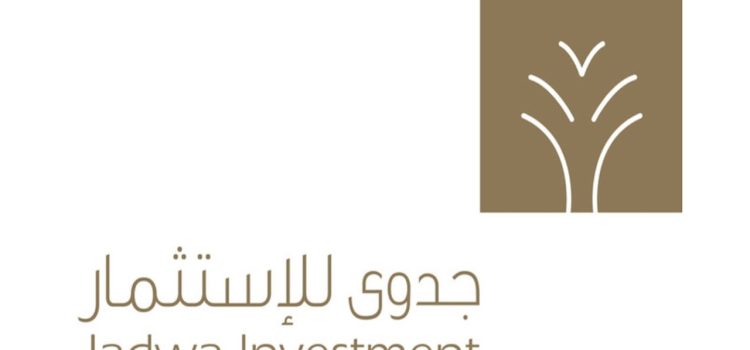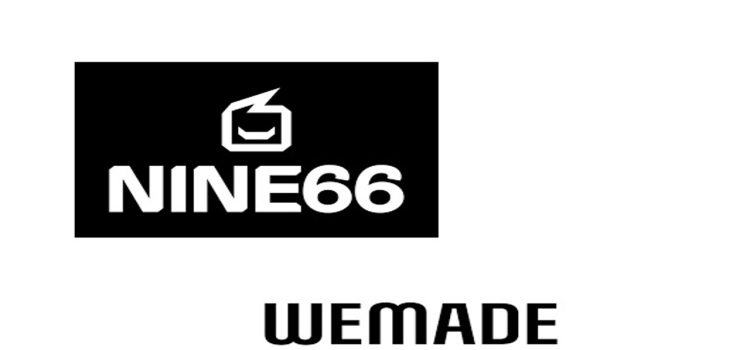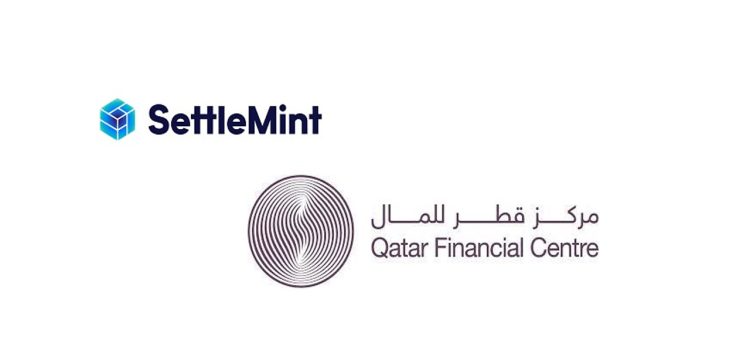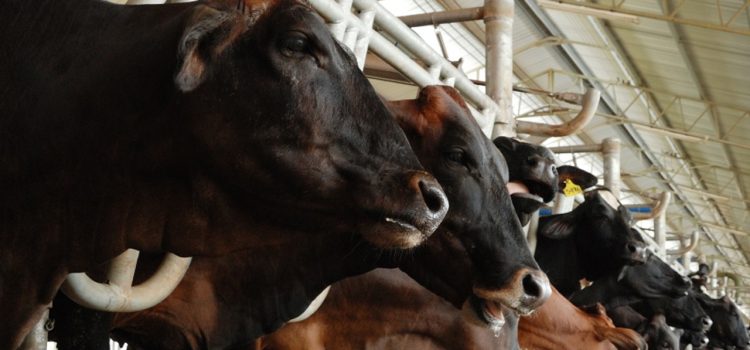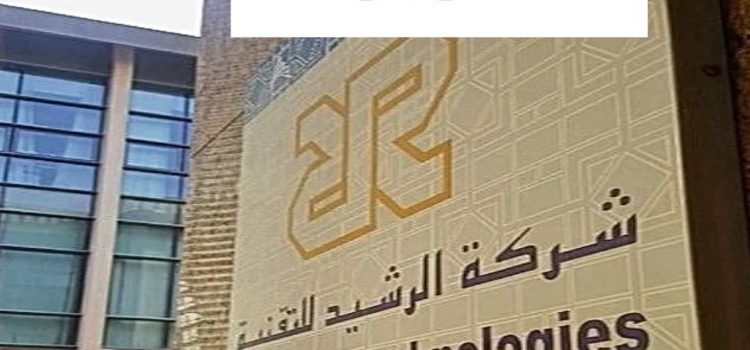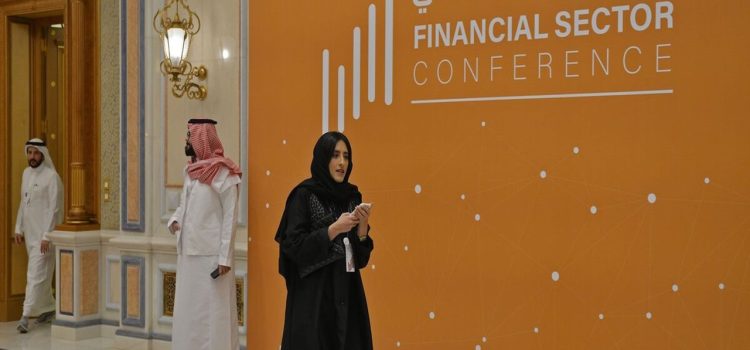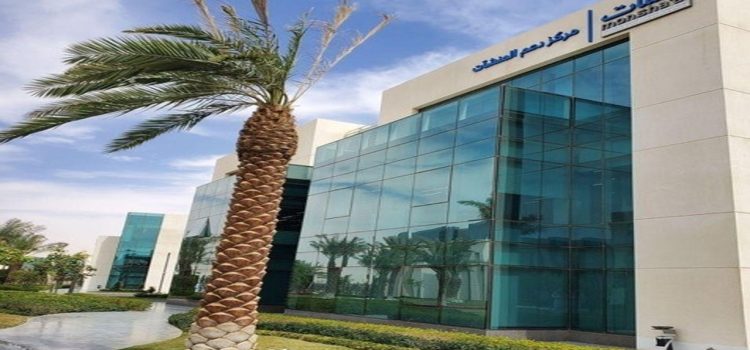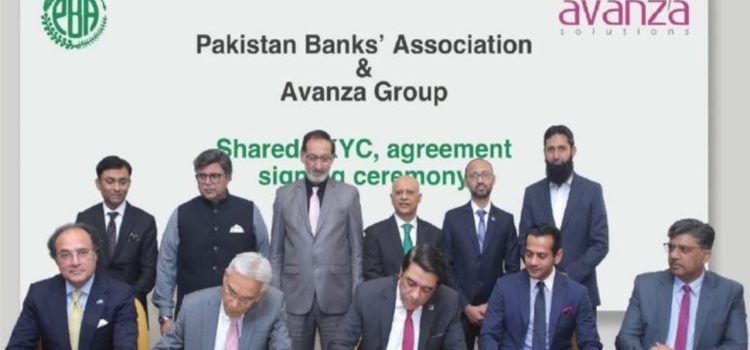
UAE based WadzPay Blockchain enabled Hajj Pilgrim Digital payments solution has been chosen as a finalist at Currency Research’s second annual Advancement in Digital Currency Awards, being presented at the Digital Currency Conference in Mexico City, on May 18th, 2023. WadzPay’s solution was chosen under the category for Best Innovation in Digital Currency. WadzPay is competing against top international blockchain fintech providers such as Stellar.
According to Parv Aggarwal, Vice President for CBDCs and Partnerships, “We are super excited to represent WadzPay and our novel cross border Hajj Pilgrimage token.”
Currency Research awards are presented to digital currency initiatives that advance the platform as a payment instrument. Currency Research chooses entities who are working on all types of digital currencies at all stages of developments.
The award categories include “Outstanding Advancement in Digital Currency” whose category finalist for this year include, Crunchfish, eCurrency, and FNA.
The second award category is “Best Innovation in Digital Currency” which recognizes outstanding innovations in the digital currency space, including new platforms, products, or apps that have the potential to transform the way we use and interact with digital currencies, including central bank digital currencies (CBDCs).
The category is open to innovations that have launched and have customers, and that offer users a unique and valuable way to access digital assets, crypto, DeFi, or other related financial services, including CBDCs. Innovations that offer greater security, transparency, and scalability in the digital currency space, or that leverage emerging technologies such as AI, will be given special consideration. The judges will consider factors such as the level of innovation, the potential impact on the industry, and the ability of the innovation to scale and reach a wider audience.
WadzPay, Currency Network, and Stellar will be competing as finalists for this category.
Other award categories include Best Financial Inclusion Initiative in Digital Currency. This award recognizes initiatives that have been developed to promote financial inclusion in the digital currency space. This category is open to projects that have demonstrated success in providing access to digital currency and related financial services to traditionally underserved or unbanked populations. This includes initiatives that aim to reduce barriers to entry for low-income individuals, women, and other marginalized communities.
Jordanian headquartered Fintech solution provider ProgressSoft will be competing against eCurrency, and IDEMIA.
The Best Sustainability Initiative in Digital Currency category will see competition between Andrei Lipkin, Ripple and Stellar
As for the final award category” Digital Currency Leader of the Year” which recognizes outstanding individual who has consistently contributed to the advancement of the digital currency sector, finalists includes Jonathan Dharmapalan, eCurrency, James Wallis from Ripple, and Shiva Bissessar from Pinaka Consulting Ltd.









